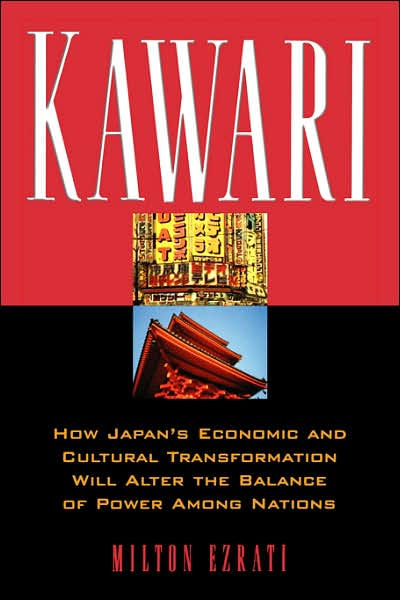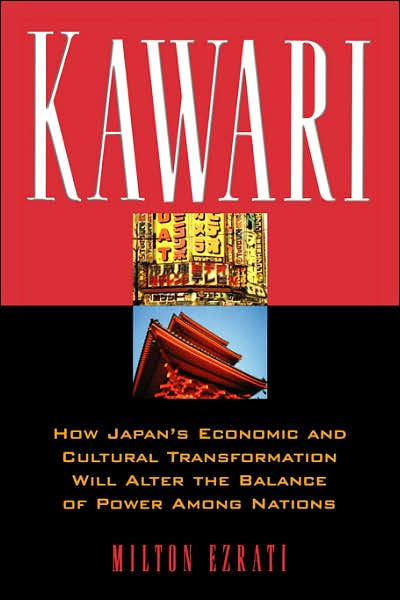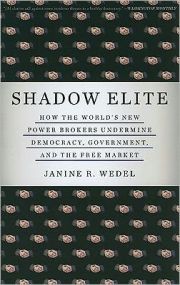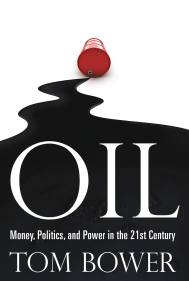By clicking “Accept,” you agree to the use of cookies and similar technologies on your device as set forth in our Cookie Policy and our Privacy Policy. Please note that certain cookies are essential for this website to function properly and do not require user consent to be deployed.
Kawari
How Japan's Economic And Cultural Transformation Will Alter The Balance Of Power Among Nations
Contributors
Formats and Prices
- On Sale
- Jun 1, 2000
- Page Count
- 304 pages
- Publisher
- Basic Books
- ISBN-13
- 9780738203140






